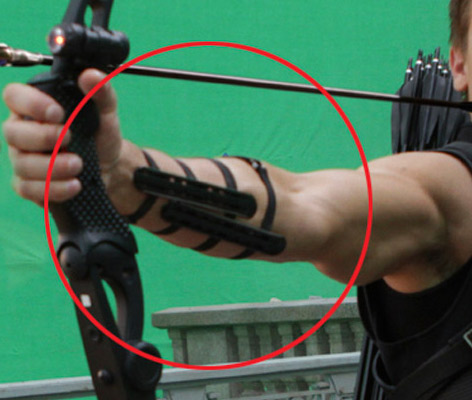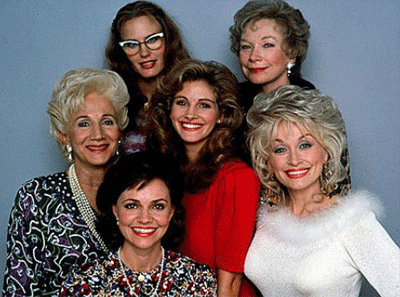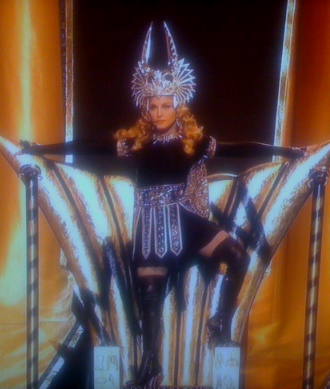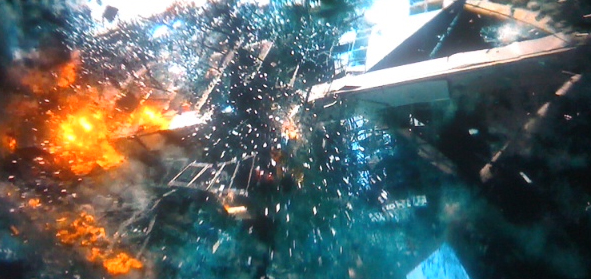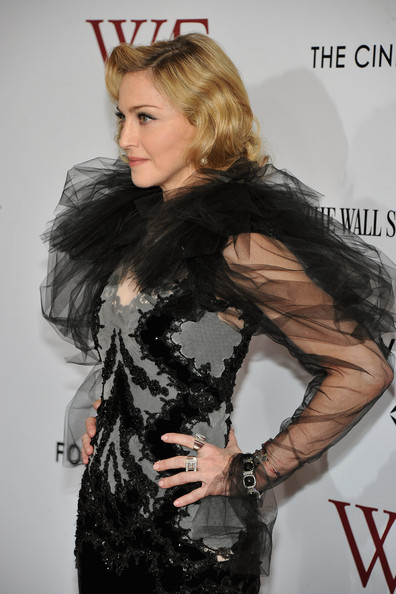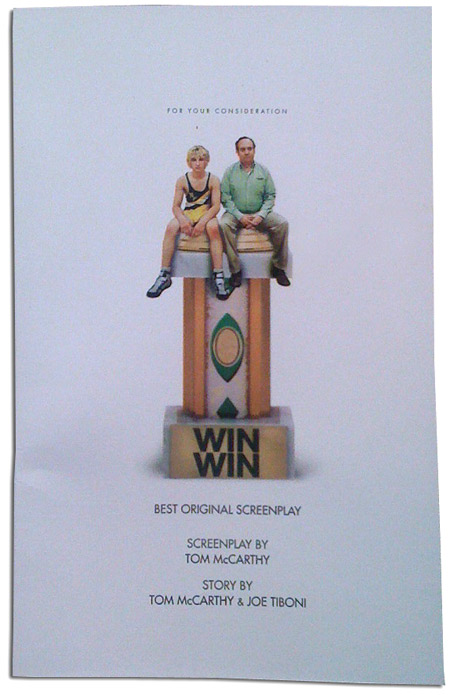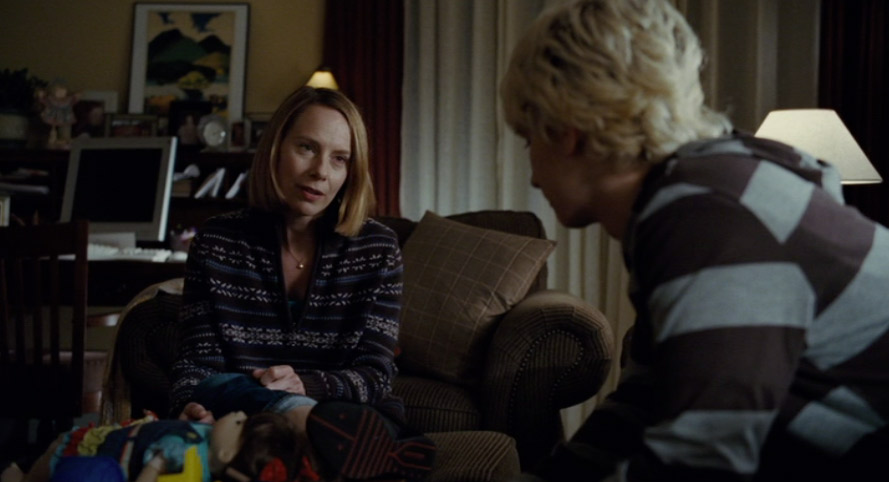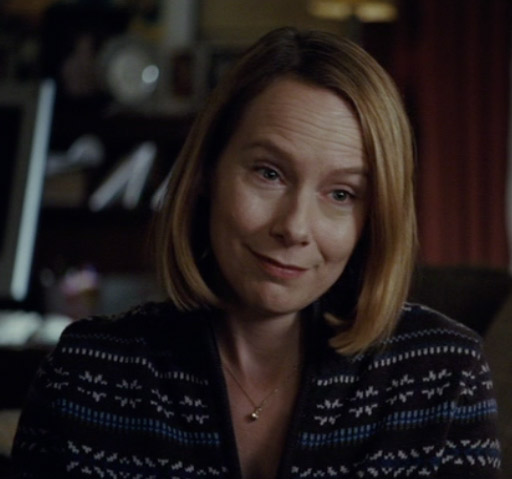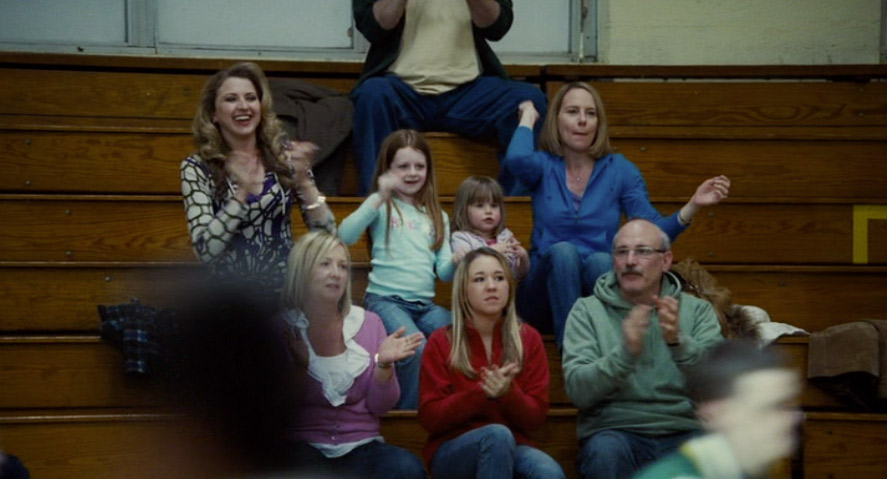Tues Top Ten: Tennis in the Movies
 Tuesday, May 22, 2012 at 4:27PM
Tuesday, May 22, 2012 at 4:27PM 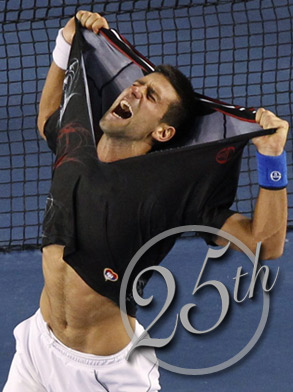 The world's number one ranked male tennis player turns a quarter century today so in honor of Novak Djokovic why not celebrate with a list of best tennis moments in the movies?
The world's number one ranked male tennis player turns a quarter century today so in honor of Novak Djokovic why not celebrate with a list of best tennis moments in the movies?
Because... uh...
Are there any? When I first thought of doing this list I was like YES -- little known fact: I played tennis daily one summer in high school and still love the game -- only to hit a brick wall rather than a low net. You may have heard this complaint before from tennis fans but given the abundance of sports movies of every other stripe it's almost like Hollywood hates the game. Those private tennis courts on celebrity acreage are all going to waste.
I've come up with ten things anyway.
BEST TENNIS SOMETHING OR OTHER IN THE MOVIES
You should know upfront that I've never seen the Chad Lowe boy-in-drag masterpiece Nobody's Perfect (1989) -- no decade ever loved cross-dressing comedies like the 80s -- so I shan't include it.
10 Wimbledon (2004)
Nobody likes this movie but given the abrupt sharp decline in romantic comedy quality over the past ten years, I bet it'd look pretty good if it came out now. At the very least both Paul Bettany and Kirsten Dunst looked fresh and healthy and sun-kissed as the professional athletes in love.
09 The Witches of Eastwick (1987)
We'll be sure to celebrate this movie's 25th anniversary next month but for now, remember that tennis match? Temperatures are flaring as the three best friends Jane (Susan Sarandon) Sukie (Michelle Pfeiffer) and Alex (Cher) all compete for Devil Jack Nicholson's attention. In a game of doubles things get vindicative and then supernatural.




